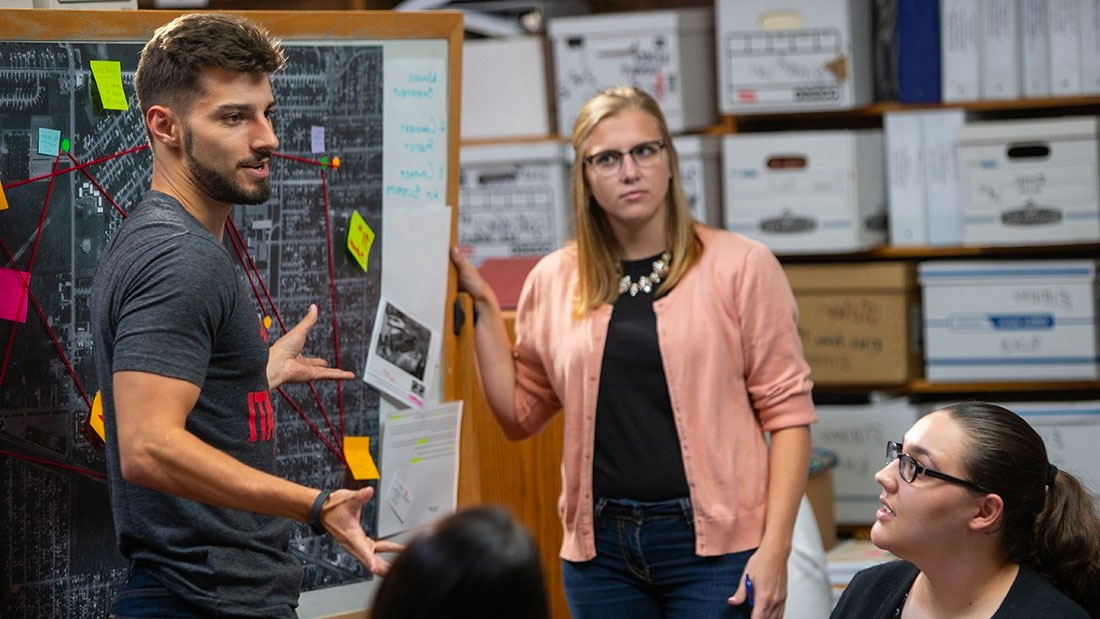That May, he graduated from his Master's program and transitioned to a job with the State of Kentucky’s Department for Public Health. Expecting to continue similar work he’d been doing as a county volunteer, he was soon told otherwise.
“I showed up on my first day thinking I was just going to do more contact tracing,” he said. “But then the person who interviewed me meets me in the lobby and says, ‘You're in charge of building the contact tracing program for the State. You’re all we’ve got…’ It was an immediate out-of-body experience.”
At just 23-years-old, and only two days after graduating, Brendan found himself shouldering the responsibility of spearheading Kentucky’s contact tracing program with his team of three. During that first year, he led the development of a statewide database for case management and helped standardize practices across various health departments.
“If we weren't working, people could die. So, we felt that pressure,” he said. “I would start work at 6:00 AM and work until 6 or 7 at night and then go home and eat dinner and frustratedly scream at the world for 25 minutes, and then work from home until I went to bed.”
The work he did while in this role became nationally recognized, and eventually, people like the Governor of Rhode Island were reaching out to ask for his expertise. It was through this experience, being immersed in the intricacies of contact tracing and case investigations, that Brendan’s interest in the interaction of public health and the law solidified.
“Working in COVID led me to where I am today,” he said. “We had a lot of time talking to legal regarding case investigations and contact tracing. I saw that when you're in a big public health crisis or a pandemic, you need people who understand the law and what the law requires, but also what's in the best interest of public health.”






